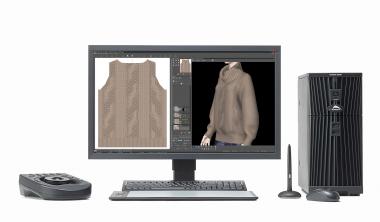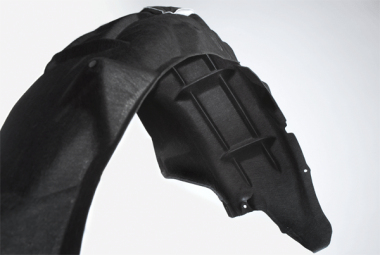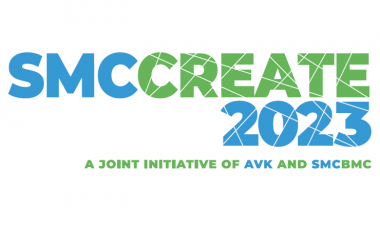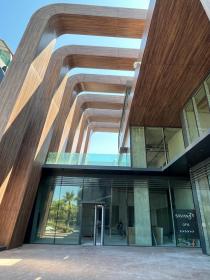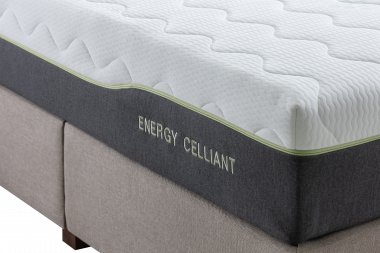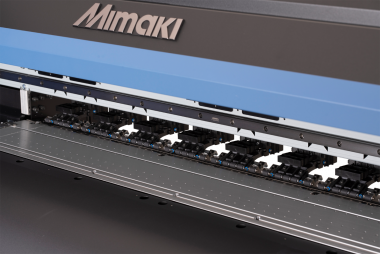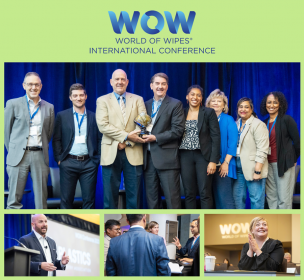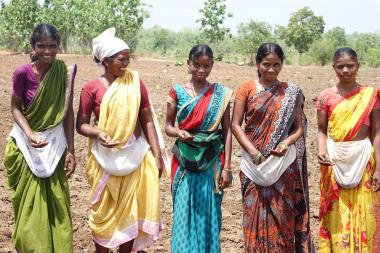SHIMA SEIKI at Preview in SEOUL
SHIMA SEIKI MFG., LTD. of Wakayama, Japan, together with its Korean subsidiary SHIMA SEIKI KOREA INC., will participate in the Preview in SEOUL exhibition in Seoul, Republic of Korea this month (23rd - 25th of August 2023).
SHIMA SEIKI will show its SWG061N2 compact WHOLEGARMENT® knitting machine which can produce a wide range of WHOLEGARMENT® items in their entirety without the need for linking or sewing. The SWG-N2 series “Mini” range is suited to the production of small knit items and accessories such as gloves, socks, hats and scarves as well as cozies, shoe uppers, bags, card cases, glasses cases, smartphone covers and other personal items. The N.SVR093SP is a conventional shaped knitting machine featuring a loop presser bed that yields novel fabrics with special inlay patterns that are produced by inserting yarn into knit fabric in a weave fashion, offering new and exciting possibilities in hybrid knit-weave textiles. Both machines will be shown knitting such items as bags and sporting goods to demonstrate the capability of current knitting technology for producing non-apparel items.
SDS®-ONE APEX design system and APEXFiz® subscription-based design software will also be on display. Both support the creative side of fashion from planning and design to colorway evaluation, realistic fabric simulation and 3D virtual sampling. Virtual samples are a digitized version of sample making that are accurate enough to be used effectively as prototypes, replacing physical sampling and consequently reducing time, cost and material that otherwise go to waste. Virtual samples can furthermore be used in e-commerce to gauge consumer demand before production begins. Feeding that information back to production and combined with on-demand WHOLEGARMENT® knitting technology, production can be adjusted to optimize inventory and minimize leftover waste. APEXFiz® thereby helps to realize sustainability and digitally transform the fashion supply chain.
SHIMA SEIKI MFG., LTD.


